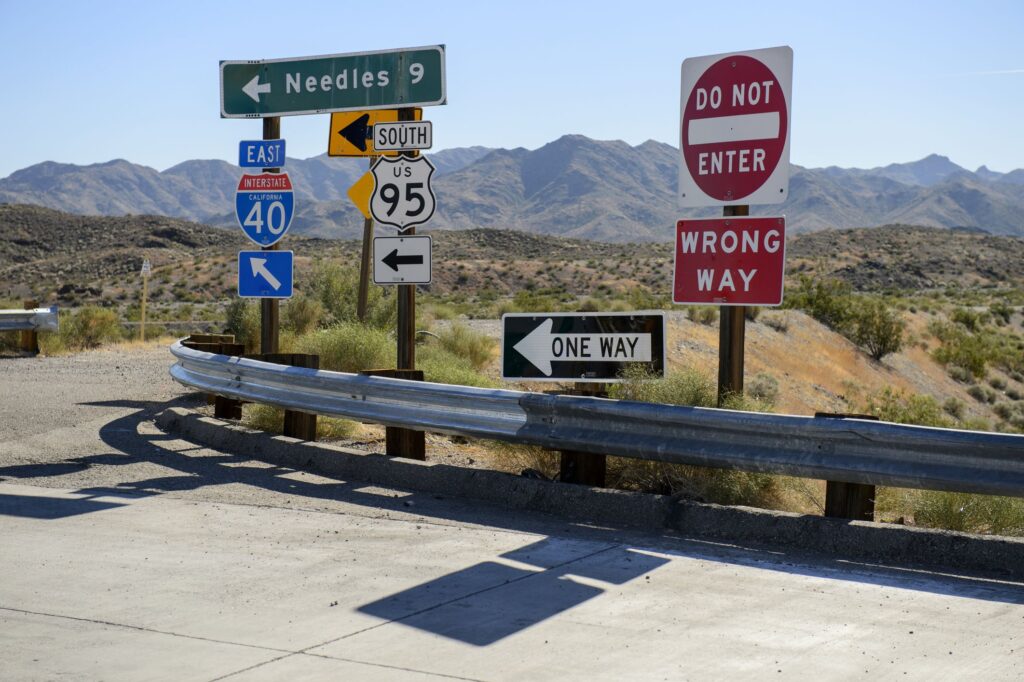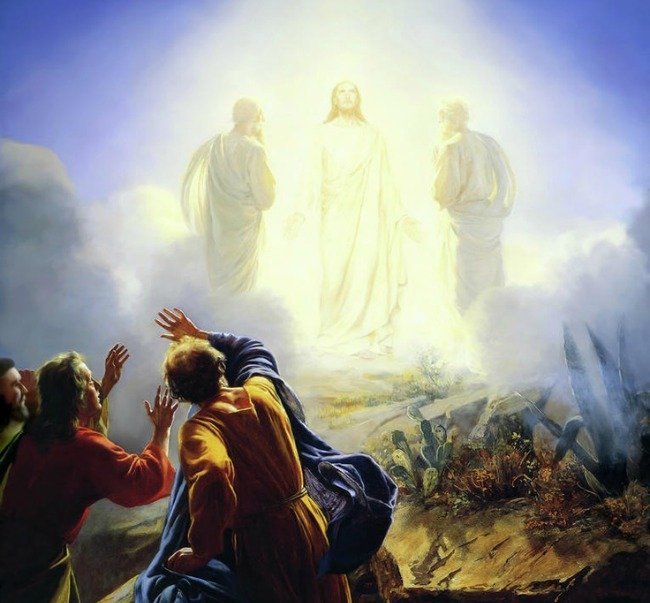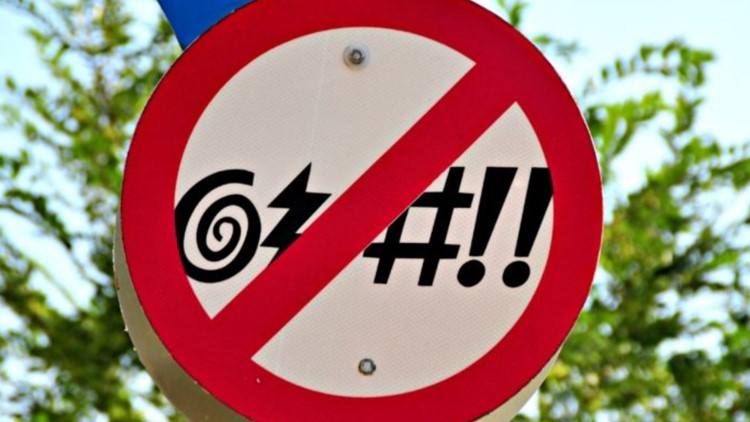To accompany your Come Follow Me study for June 9-15
In 2025 this section is studied in the Come Follow Me program during the same week as D&C 60-62. You can find the Points to Ponder for those sections at Points to Ponder for Doctrine and Covenants 60-62 – Latter-day Saint and Happy (latterdaysaintandhappy.com). In addition to reading section 63 and the related material in the Come Follow Me manual this week, you will want to read:
- Chapter 23: Doctrine and Covenants 63 (churchofjesuschrist.org)
- Joseph Smith’s Revelations, Doctrine and Covenants 63 (churchofjesuschrist.org)
- “Ezra Booth and Isaac Morley,” Revelations in Context, 130–36) at https://www.churchofjesuschrist.org/study/manual/revelations-in-context/ezra-booth-and-isaac-morley?lang=eng
You may also enjoy the following video:
If you would like a Kahoot game related to this material which you could use with your family or class, click here: https://create.kahoot.it/share/doctrine-and-covenants-63/67879ed2-20e0-43f0-a2fb-ff7374c86dd9. To use it with a group, after clicking on this link, you will need to log into Kahoot, creating a free account if you have not done so previously, then click on the blue “Host Live” button or the gray “Assign” button, depending on how you wish to use the Kahoot. Some of the Kahoot questions may presuppose that the player has read through the suggested answers to the following Points to Ponder and at least has browsed the Institute student manual as well.
Points to Ponder in Doctrine and Covenants 63
1. Why, in your opinion, does the Lord reserve “signs” for those who already believe rather than for those who don’t believe?
2. Why would miracles and other spiritual manifestations be called “signs”? How are they similar to signs one might see along the roadside?

3. What is the connection between lust and “fear,” as spoken of in 63:16?

4. Why would the Lord threaten the “fearful” with hell? (63:17)

5. What is the difference between “liars” as referred to in 63:17 and those who simply have told blatant falsehoods? Why is there more hope for the one than for the other?

6. What new information do we learn in this week’s reading about the Transfiguration of Jesus that is not recorded in the Bible?

7. Why didn’t the Lord care whether “little or much” money was sent to the land of Zion?

Identify a passage in D&C 63 which teaches or implies each of the following:
8. It’s not hard to see a miracle, if you don’t care what power produced it.

9. Though the Lord will in general bless and protect the saints in the last days, they will have some close calls.

10. Even if you die before the Second Coming, you’ll get to live physically in Zion someday.
11. We should not be careless or flippant in speaking of the Lord or of spiritual things.
12. Latter-day Saints should be law-abiding people.

13. All Church members have a missionary responsibility.

14. Profanity is prohibited.

15. What other passages in D&C 63 did you consider worth underlining?
Possible Answers to Points to Ponder in Doctrine and Covenants 63
1. Why, in your opinion, does the Lord reserve “signs” for those who already believe rather than for those who don’t believe?
Perhaps because those who are unwilling to live the gospel would be condemned by sinning against the greater evidence. Perhaps because those not yet experienced in feeling the “still, small voice” would come to value the more visually spectacular miracles too greatly and be distracted from ever finding the more valuable but less spectacular spiritual gifts.
2. Why would miracles and other spiritual manifestations be called “signs”? How are they similar to signs one might see along the roadside?
Perhaps they can reassure those who really want to follow the Lord that they are on the right path and that their efforts are acceptable to the Lord so that they will have the motivation to continue, much like one traveling to a previously unvisited destination is encouraged and comforted to see signs indicating the increasing proximity of the destination.
3. What is the connection between lust and “fear,” as spoken of in 63:16?
Lust banishes the Spirit, which is the “Comforter.” Without the Spirit, one is subject to all kinds of fears, including the fear of one’s sins being found out, the fear of death, the fear of the future, etc.
4. Why would the Lord threaten the “fearful” with hell? (63:17)
Because the “fearful” are those who have lived such that the Spirit can’t be with them, and who are therefore unworthy of the Lord’s presence until they learn through “hell” to turn to him.
5. What is the difference between “liars” as referred to in 63:17 and those who have simply told blatant falsehoods? Why is there more hope for the one than for the other?
“Liars,” as referred to in 63:17, are those who are still liars–who have not repented or changed. Those who have told blatant falsehoods clearly were once “liars,” but if they have repented and changed they are no longer to be so considered and need not fear the punishment spoken of in this verse.
6. What new information do we learn in this week’s reading about the Transfiguration of Jesus that is not recorded in the Bible?
63:20-21–The apostles were shown at that time a pattern of how the earth itself will eventually be “transfigured” at the time of the Savior’s coming.
7. Why didn’t the Lord care whether “little or much” money was sent to the land of Zion?
He was interested in the amount of sacrifice, not the amount of money–the faith of his people, not their “works.”
Identify a passage in D&C 63 which teaches or implies each of the following:
8. It’s not hard to see a miracle, if you don’t care what power produced it.
63:7
9. Though the Lord will in general bless and protect the saints in the last days, they will have some close calls.
63:34
10. Even if you die before the Second Coming, you’ll get to live physically in Zion someday.
63:49
11. We should not be careless or flippant in speaking of the Lord or of spiritual things.
63:61, 64
12. Latter-day Saints should be law-abiding people.
63:26
13. All Church members have a missionary responsibility.
63:37
14. Profanity is proscribed.
63:61-62
15. What other passages in D&C 63 did you consider worth underlining?
Your choice. My list would include:
- 63:23: Those who keep the commandments will receive the mysteries of the kingdom.
- 63:64: We must be careful about talking of sacred experiences and share them only as prompted.
